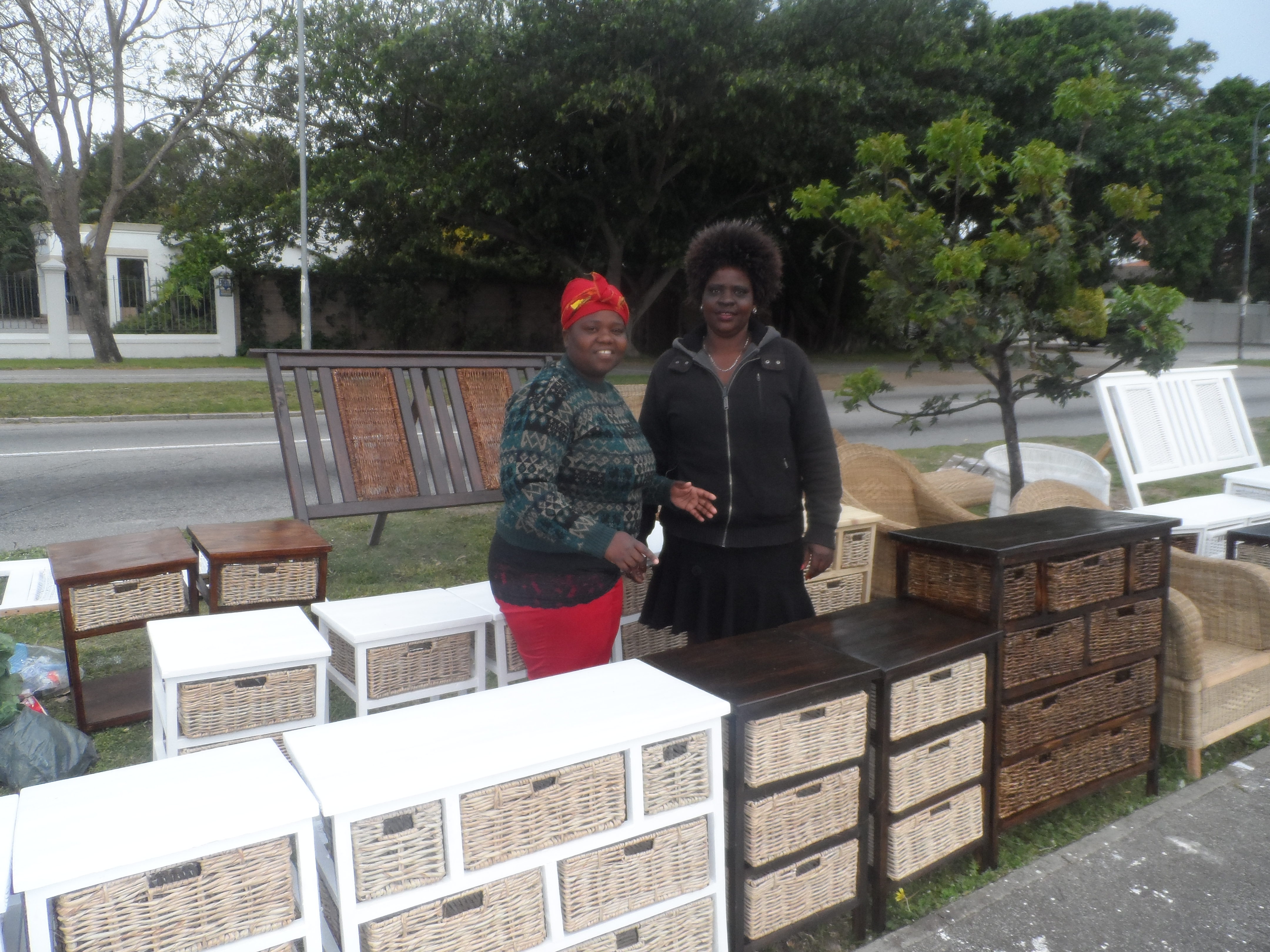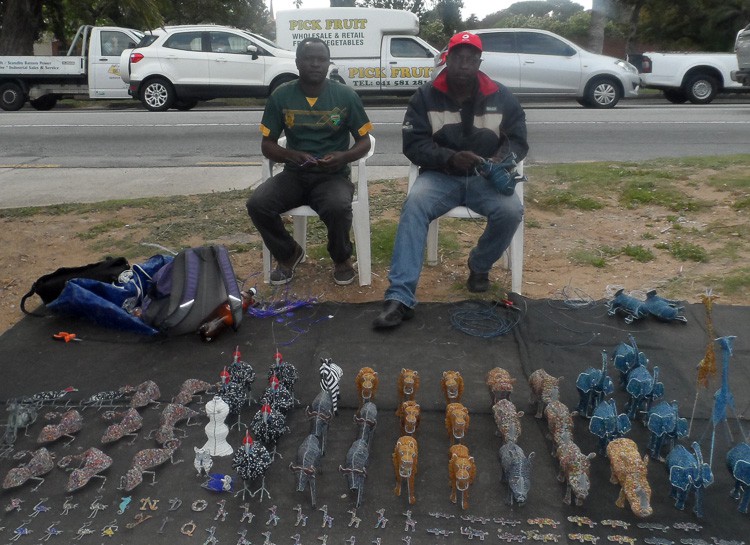Reprieve for Port Elizabeth roadside traders
Walmer residents force municipality to backtrack on eviction
Roadside traders in Port Elizabeth who were evicted last month by the municipality have been allowed to return. But, the traders say, the damage has already been done.
The traders were evicted from their places on 8th Avenue in Walmer by Nelson Mandela Bay Municipality police on 22 September. The metro police also confiscated the traders’ goods.
Municipal officials claimed that the traders had been given more than enough time to look for alternative trading areas.
But barely a week later, on 27 September, following a social media blitz by residents of the wealthy Walmer suburb against the evictions, the municipality made a U-turn, saying that the traders could continue selling their goods while temporary permits were processed, and promising to return all the confiscated goods.
But the traders say the damage has already been done. They say they are battling to pay their monthly rent and children’s school fees.
Webster Savhiyeri, 43, and Cosmas Zvichauya, 50, trade at the corner of 8th Avenue and Main Road. Though their crafts were not confiscated because they removed them in time, the two self-taught craftsmen say they were left with no place to display their goods and have suffered serious losses.
“The evictions happened during month end when business is normally brisk. This place is my lifeline. We have a clientele from all over the world. They have known my work for nearly 15 years,” says Savhiyeri.
“I am now in a financial shambles. I pay R12,000 school fees a term for my child studying at a boarding school in Zimbabwe. I also rent a room for R800 a month in Walmer township. I don’t know where I will get that money.”
Zvichauya has three children in Zimbabwe and sends money home every month. He pays R2,500 a month for a house in Walmer township.
He says he was the first person to identify and occupy the trading place, 20 years ago.
“We were shocked by the action of the municipality. We were also stunned by the behaviour of the metro police who acted as if they were officials of the Department of Home Affairs.They demanded our passports and [resdience] permits and were visibly upset to find out that all of us had valid papers.”
Zvichauya said police had told the traders to apply for trading permits but they had been sent from one municipal official to another.
“We only learnt from the newspapers that the municipality had allowed us to sell again. Officially, we know nothing. We are living under constant fear that they might come again.”

Another trader, Mavis Chikore, 40, says the furniture she was selling was confiscated during the evictions and only returned on 3 October.
“We thought the metro police were joking when they asked for our passports. They then issued us with a notice giving us 21 days to leave the place. When they eventually came to evict us, we even helped them with the loading of our goods on the truck. As foreigners, our rights are limited. We could not resist or protest. Our battle was fought by the local community.”
Like her fellow traders, she appealed to the municipality to consult them in future. “It is the officials’ silence that worries us most. You never know what they think next.”
A regular client of the traders, who did not want to be named, said a municipality which promoted job creation should not behave like that. “These people are living an honest and exemplary life that is crime free.”
Mayoral spokesperson Sibongile Dimbaza said the municipality had decided to help the traders get permits. “We are not opposed to self-employment opportunities. For now we are dealing with policy implementation. We will bring them to shelters that are accessible to their clients.”
Traders hope to move to a new spot near Walmer town hall where there is plenty of traffic.
Next: There is no life in Marikana, says mother who lost her son
Previous: Delay in trial of teacher accused of sexual assault
© 2017 GroundUp. 
This article is licensed under a Creative Commons Attribution-NoDerivatives 4.0 International License.
You may republish this article, so long as you credit the authors and GroundUp, and do not change the text. Please include a link back to the original article.



